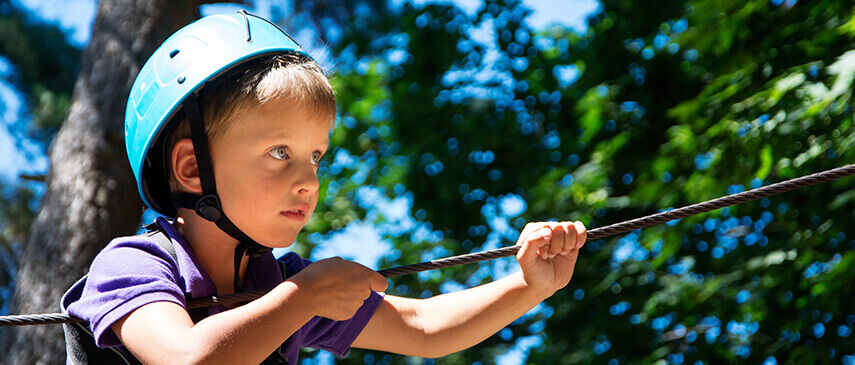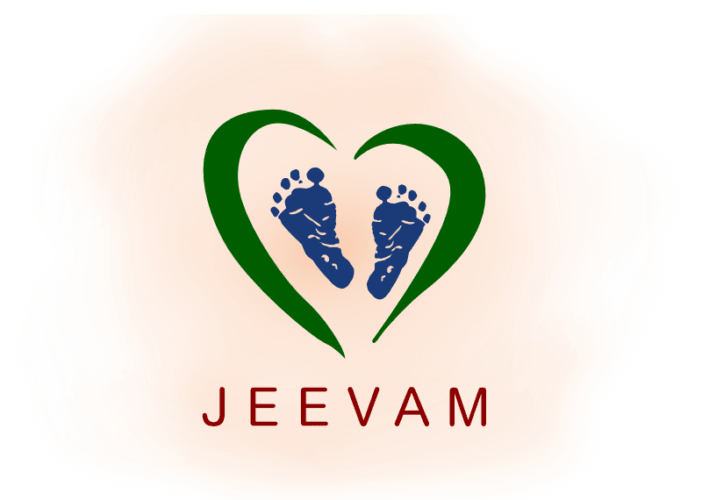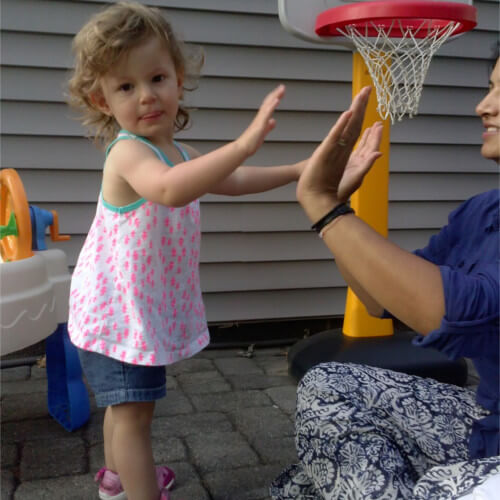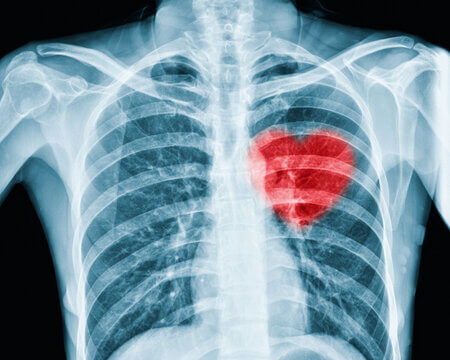Tags: exercise, health, therapy, child development, Pediatric therapy, physical activity
Home » Health Blog » Make Therapy Fun! 3 Exercises For Children That They’ll Actually Enjoy

Quick Links
-

Are You Ready To Live Better?
Latest Health Posts

SUBSCRIBE TO OUR HEALTH BLOG
Notice: JavaScript is required for this content.



